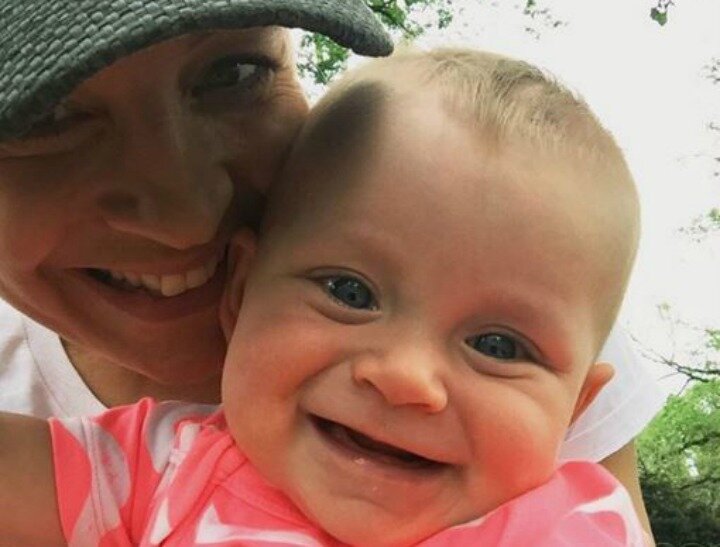Anna Stubblefield, 45, a Rutgers University ethics professor, is asking a New Jersey court to throw out her conviction for the aggravated sexual assault of a disabled man.
Despite claiming throughout the trial that the sexual affair was consensual and that the two were in love, Stubblefield was found guilty last month and sentenced to 10 to 40 years, the same as if she had inflicted severe injury on her victim or been involved in a vicious gang rape,
Stubblefield’s victim is now 34 and referred to in court papers as D.J. He is non-verbal, has severe cerebral palsy, cannot walk (he “scoots on his butt”) and needs full-time assistance with his personal care. He communicates through chirps and screams. When he was a child he was tested by New York State clinicians and was deemed to have the mental capacity of a toddler. But Stubblefield says he was trapped inside his disabled body and she taught him to communicate.

The case has gripped America with The Strange Case of Anna Stubblefield from the New York Times magazine recounting comprehensively how a white academic telling a black family, headed by a single mother, that she could help their severely disabled son communicate with the outside world led to her being tried and convicted of rape.
D.J. was brought to her attention by his brother, a student of hers. In class, she had shown a documentary where autistic children were helped to speak to the outside world using a method called facilitated communication. This controversial method involves the facilitator guiding a disabled person’s hand, wrist or elbow while they type messages. How much “guidance” is given can vary. It can range from holding a keyboard to completely placing a hand over the subject’s hand as they type.
D.J.’s brother, Wesley (their names have been altered to protect their identity), thought this method might help his brother and he asked Stubblefield if she could help. Soon D.J. and Stubblefield were having regular facilitated communication sessions and Wesley and his mother P were very happy with the progress. Their brother and son was communicating in more than chirps and screams with them for the first time. The facilitator was usually Stubblefield (her mother, a disability advocate, also had success with D.J. and so did a college student enlisted to help D.J. go to a class). Wesley and P couldn’t seem to make it work.
With Stubblefield, a married mother of two, guiding him D.J. improved with his messages and typing. He read books from authors like Maya Angelou and he prepared speeches for disability conferences with Stubblefield.
Watch the video below for an example of facilitated communication. Post continues after video.
Then in 2011, years after they had begun working together, Stubblefield sat in P and Wesley’s kitchen and told them D.J. and her had fallen in love and she was going to leave her husband. According to the New York Times D.J. typed, ‘‘No one’s been taken advantage of. I’ve been trying to seduce Anna for years, and she resisted valiantly.’’
By this stage they had consummated their relationship with Stubblefield having to take off D.J.s nappy to do so.
Supporters of Stubblefield say that her communication method has “freed” their disabled loved one and allowed them to communicate. Detractors say, that after testing, after asking D.J. and Stubbfield questions that only D.J. could know the answer to (such as details about the woman who helped look after D.J. long before Stubblefield entered their lives), D.J., using the facilitated keyboard method, was unable to answer. They say that sometimes the facilitators, so intent on a result, don’t even know it is really themselves who are doing the typing.
Consent, disability rights, the complexity of race relations, mental health, have all been canvassed in this trial (and story).
Now Stubblefield has asked for a new trial or to be acquitted based on the lack of evidence to prove that Stubblefield knew D.J. couldn’t consent. She is scheduled to be sentenced on January 15.
You can read the full story in the New York Times Magazine here.
































 DEBRIEF DAILY
DEBRIEF DAILY